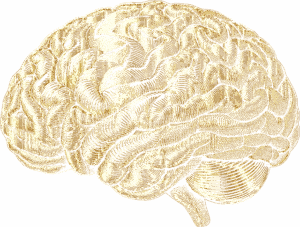Integrative psychotherapy is a holistic approach to mental health that combines techniques from diverse schools of thought, offering personalized care for unique needs. This method incorporates CBT, mindfulness, psychoanalysis, and more, addressing symptoms and underlying causes. It enhances the therapeutic alliance, promotes self-awareness, and fosters personal growth. While challenging, it successfully treats complex issues like anxiety, depression, and trauma. Technology, including online platforms, further enhances accessibility. Specialized training is required, and future trends include virtual therapy and AI-assisted treatments.
Integrative psychotherapy is a holistic approach that combines various therapeutic techniques to address the multifaceted needs of individuals seeking mental health support. This article delves into the core principles, types of therapy integration, and significant benefits for both patients and therapists. We explore challenges, technology’s role, training options, and future trends, providing a comprehensive overview of this innovative practice in modern mental health care. Discover how integrative psychotherapy is revolutionizing treatments, offering tailored solutions for complex psychological issues.
Understanding Integrative Psychotherapy: A Holistic Approach to Mental Health

Integrative psychotherapy is a holistic approach to mental health that combines various therapeutic techniques from different schools of thought. Unlike traditional psychotherapies that focus on a single method, integrative therapy acknowledges that every individual and their experiences are unique. It offers a flexible framework where therapists can tailor treatments to meet specific client needs.
This approach draws from diverse modalities such as cognitive-behavioural therapy (CBT), psychoanalysis, humanistic therapy, and mindfulness practices. By integrating these techniques, mental health professionals create a comprehensive and personalized environment that promotes healing and growth. The goal is not only to address current challenges but also to foster resilience and a deeper understanding of oneself.
Combining Therapies: The Core Principles of Integration
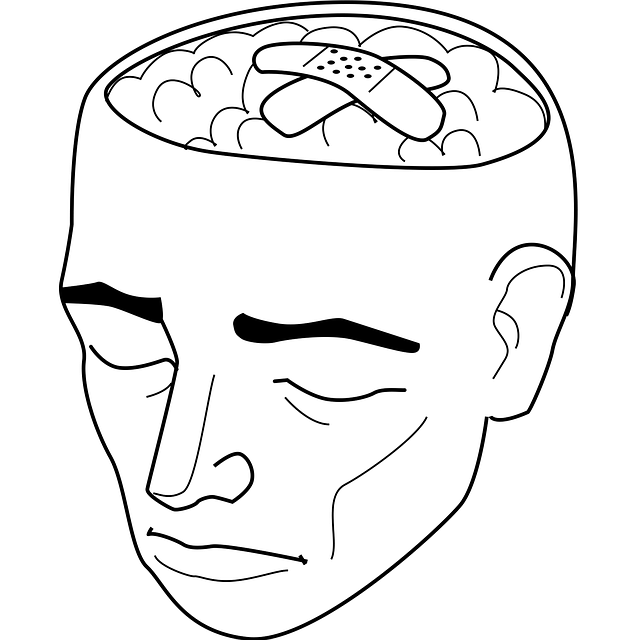
Integrative psychotherapy is a powerful approach that combines various therapeutic techniques to create a personalized treatment plan for each client’s unique needs. At its core, integration involves the seamless blending of different theories and methods to offer a comprehensive and effective mental health support system. By combining elements from cognitive-behavioral therapy (CBT), psychodynamic therapy, humanistic approaches, and more, therapists can tailor interventions to address specific challenges while considering the whole individual.
The principles of integration focus on enhancing the therapeutic alliance, promoting client self-awareness, and fostering personal growth. This holistic method recognizes that mental health issues often have complex origins and require a multifaceted solution. For instance, a therapist might use CBT techniques to help a client manage anxiety by challenging negative thoughts, while also incorporating psychodynamic insights to explore underlying conflicts or past experiences contributing to the anxiety. Such an integrated approach allows for deeper exploration and more meaningful change in therapy.
Types of Therapy Integrated in Modern Practice

In modern mental health psychotherapy, various therapeutic approaches are seamlessly integrated to offer comprehensive treatment for complex psychological issues. This integrative approach recognizes that every individual’s journey toward healing is unique, and no single therapy suits all. By combining techniques from different schools of thought, therapists can tailor their methods to address the specific needs of each client. For instance, cognitive-behavioral therapy (CBT) provides tools for managing negative thoughts and behaviors, while mindfulness-based practices enhance self-awareness and emotional regulation.
Additionally, psychodynamic therapy delves into unconscious conflicts and past experiences, helping clients gain insights into their present challenges. This integrated framework allows therapists to explore not only the symptoms but also the underlying causes of mental health issues, fostering deeper healing and personal growth. The beauty of this approach lies in its adaptability, ensuring that clients receive the most effective care possible within a supportive and nurturing environment.
Benefits of Integrative Techniques for Patients and Therapists

Integrative psychotherapy techniques offer a multitude of benefits for both patients and therapists. By combining various therapeutic approaches, such as cognitive-behavioural therapy (CBT), mindfulness, and psychoanalysis, patients can receive a more personalized and effective treatment plan tailored to their unique needs. This holistic method allows individuals to explore different aspects of their mental health, addressing complex issues from multiple angles.
For therapists, integrative techniques provide an opportunity to enhance their clinical skills and expand their repertoire. By integrating diverse methods, therapists can better support their clients, offer novel perspectives, and foster deeper insights. This versatility enables them to navigate the complexities of mental health challenges more effectively, ultimately contributing to improved patient outcomes in the realm of psychotherapy.
Challenges and Considerations in Implementing Integrative Psychotherapy
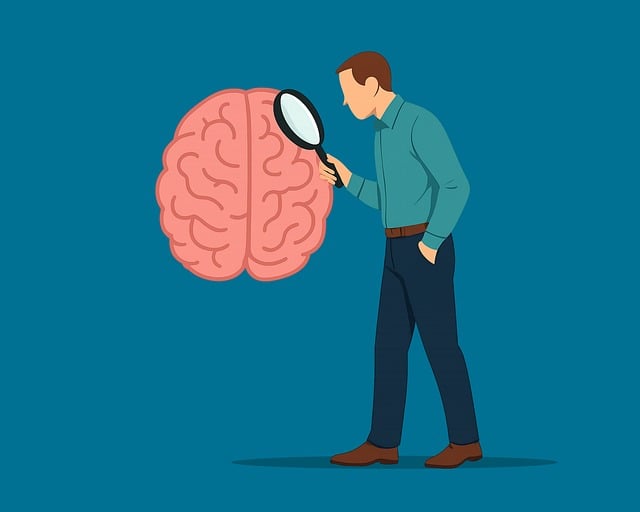
Implementing integrative psychotherapy presents several challenges and considerations in the context of mental health treatment. One key challenge is the vast array of therapeutic modalities to choose from, each with its unique strengths and limitations. Mental health professionals must navigate this landscape, selecting techniques that best suit individual client needs while ensuring cultural sensitivity and evidence-based practices.
Another consideration is the integration itself—combining different approaches can be complex. Therapeuts need to possess advanced skills in supervision, self-awareness, and flexibility to create a seamless fusion of techniques. Additionally, ethical concerns arise from combining modalities, requiring careful attention to maintain client safety, avoid harm, and ensure informed consent throughout the therapeutic process.
Case Studies: Real-World Success Stories of Integrated Therapy
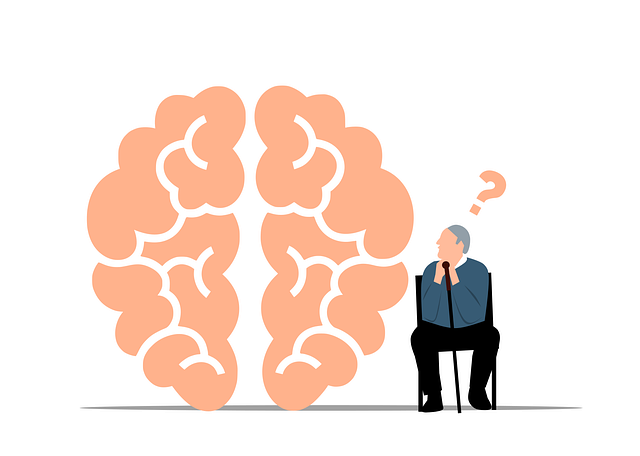
In the realm of mental health psychotherapy, case studies serve as compelling real-world success stories that demonstrate the effectiveness of integrated therapy approaches. These narratives showcase individuals who, through a combination of various therapeutic techniques, have achieved significant personal growth and overcoming profound challenges. For instance, a study featuring a young adult struggling with anxiety and depression illustrates how cognitive behavioral therapy (CBT), mindfulness practices, and existential exploration, when integrated seamlessly, can lead to substantial improvements in their overall well-being.
Another compelling case involves an individual grappling with complex trauma, where a tailored fusion of eye movement desensitization and reprocessing (EMDR), psychodynamic therapy, and attachment-based interventions resulted in profound healing. These examples underscore the power of integrating different therapeutic modalities to address multifaceted mental health concerns. By drawing on the strengths of each approach, integrated psychotherapy offers a holistic solution that resonates with diverse client needs, ultimately fostering resilience and enhancing their capacity for personal transformation.
The Role of Technology in Facilitating Integrative Psychotherapy Sessions

In today’s digital era, technology has become an invaluable tool for enhancing various aspects of our lives, including mental health psychotherapy. Integrative psychotherapy sessions can be facilitated through innovative online platforms, making therapy more accessible and flexible for clients worldwide. Video conferencing tools enable face-to-face interactions, allowing therapists to provide personalized care despite physical distances. This approach is particularly beneficial for individuals with limited mobility or those residing in remote areas, ensuring they receive the support they need without geographical barriers.
Furthermore, digital platforms offer a range of features to enrich therapeutic experiences. From secure messaging systems for preliminary communication to interactive multimedia resources, these tools can engage clients and make sessions more dynamic. Online therapy also promotes convenience, allowing individuals to schedule appointments at their preference while adhering to social distancing measures. This accessibility has the potential to increase help-seeking behaviors, as people can now easily explore options for improving their mental well-being.
Training and Certification for Mental Health Professionals in Integrative Practices
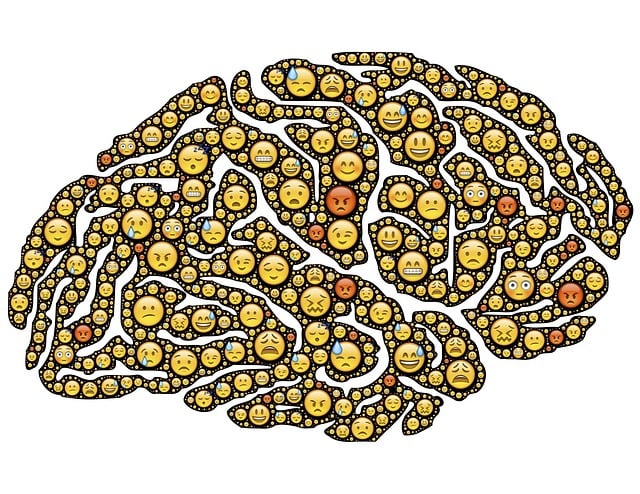
Mental health professionals interested in integrating diverse therapeutic approaches must undergo specialized training and certification to ensure they can offer the best care to their clients. Many institutions now provide advanced programs focused on integrative psychotherapy, covering a range of evidence-based techniques from different schools of thought. These comprehensive courses equip practitioners with the skills to tailor treatments to individual needs, combining elements from cognitive-behavioral therapy (CBT), mindfulness practices, and other complementary methods.
Certification processes often involve rigorous examinations and practical demonstrations, ensuring that professionals possess the necessary expertise. By embracing these integrative practices, mental health therapists can enhance their clinical capabilities, providing more holistic and personalized support for clients seeking various types of mental health psychotherapy.
Future Trends and the Evolving Landscape of Integrative Psychotherapy

The future of integrative psychotherapy looks promising as the field continues to evolve and adapt to meet the diverse needs of individuals seeking mental health support. With advancements in technology, virtual therapy sessions are becoming increasingly popular, making mental health care more accessible globally. AI-assisted therapies and online platforms that offer personalized treatment plans are emerging trends, ensuring a flexible and comprehensive approach to psychotherapy. These innovations aim to bridge the gap between traditional face-to-face therapy and remote care, allowing for more convenience and accessibility.
Additionally, the integration of mindfulness practices, such as meditation and mindfulness-based stress reduction (MBSR), is gaining traction within integrative psychotherapy. Research highlights the effectiveness of these techniques in reducing anxiety and depression symptoms, promoting emotional well-being, and enhancing overall resilience. As the field progresses, therapists are likely to incorporate more evidence-based practices and technologies, fostering a dynamic and ever-changing landscape of mental health psychotherapy that caters to individual preferences and cultural contexts.
